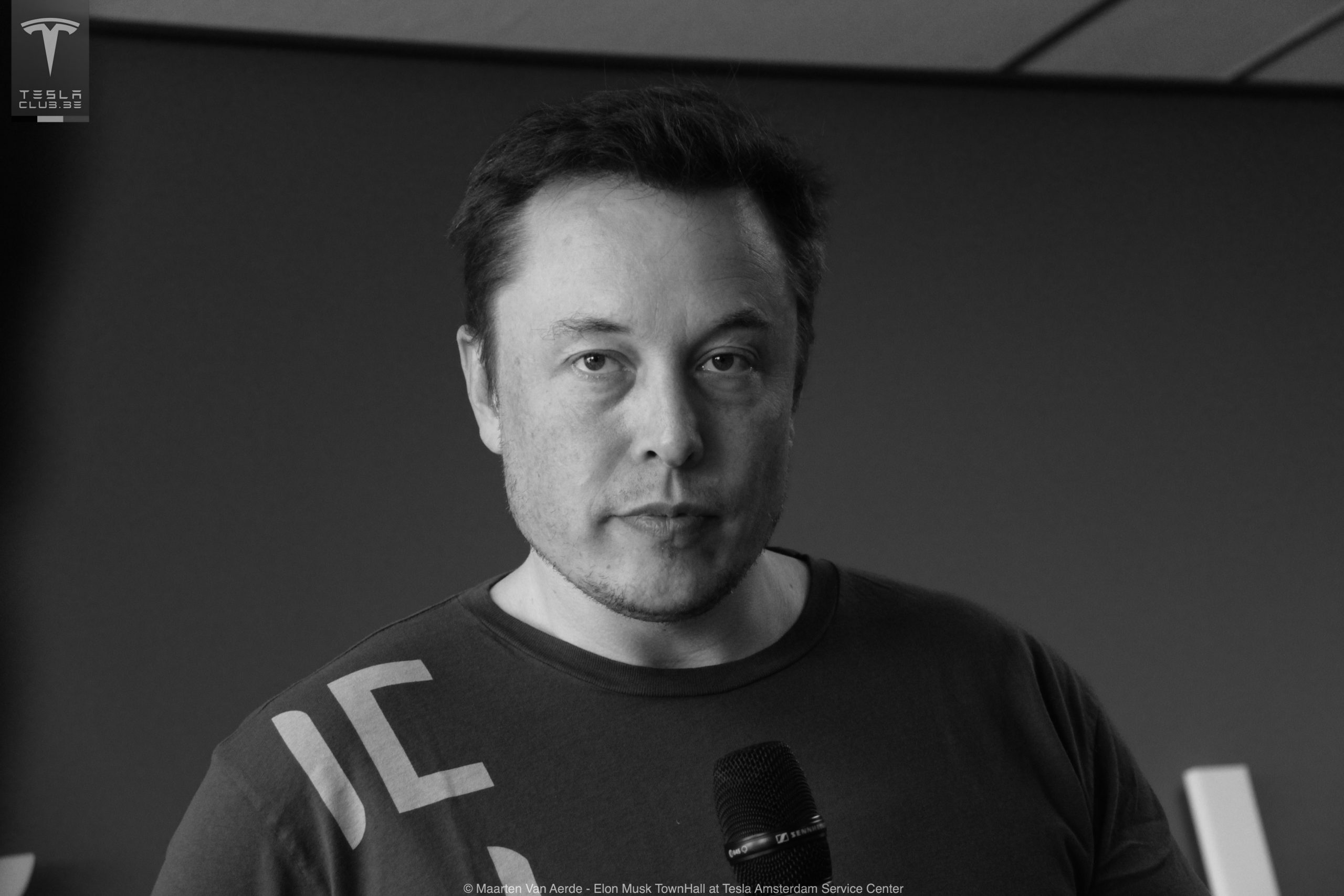Here’s what that means for the company and its chances of success.
Elon Musk has finally completed his US$44bn deal to acquire Twitter and take it private.
The world’s richest man has already begun putting his imprint on the social network by firing four of its top executives.
While most people are likely familiar with the idea of taking a private company public – the process that allows individuals to buy and sell a company’s shares in the stock market – the reverse process is not as well understood and happens far less often.
As a business and law professor, I have been analysing mergers, privatisations and other corporate deals for over two decades. The most common question I have been getting from students and faculty colleagues is, why would Musk want to take Twitter private? Or, more simply, what does it mean to go private?
The answers to these question help address a more interesting one: Will he succeed?
Public vs private
Let’s start with the basic differences between a public and private company.
For starters, a public company is widely held, meaning it has a lot of shareholders. Anyone can buy shares of most public companies, their shares trade on stock exchanges, and their market price is widely available on websites and apps.
Federal securities law requires public companies to disclose a lot of information about their operations and financial condition in reports that are posted on the Security and Exchange Commission website. Basically, anything that happens to a public company that’s of consequence to investors must be disclosed publicly.
A private company, on the other hand, is closely held. It has few shareholders – sometimes just one. It usually is impossible to buy shares of a private company. When it is possible, it is difficult because shares don’t trade on exchanges. You have to find someone who is willing and able under restrictive securities laws to sell you their shares.
In addition, a private company is not required to file disclosures or anything else with the SEC.
Another key difference is the power the chief executive has. While public company CEOs have a lot of power, that power is constrained by things like a board of directors and rules on compensation.
Private companies have no meddlesome boards or rules governing compensation or other issues. And with few or no pesky outside shareholders, leaders of private companies don’t have to worry about the effect their decisions might have on the share price.
Going private
Many, if not most, companies begin their lives as a private company – perhaps in a family garage, as seems to be the case in so many startup origin stories.
As a young company grows, it needs more funding, a problem often solved by doing an initial public offering that pulls in a lot of cash and opens up ownership to anyone.

























